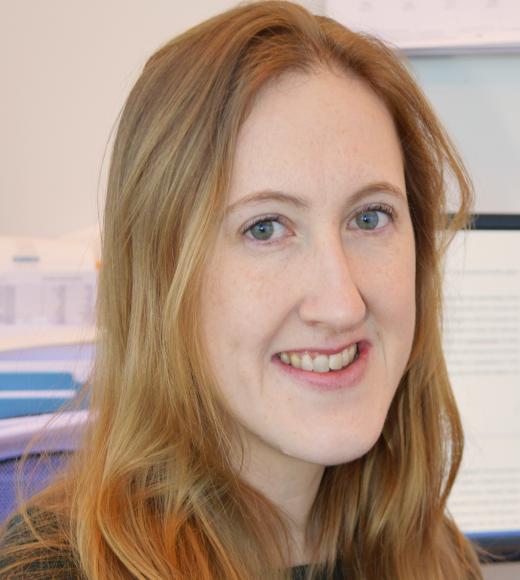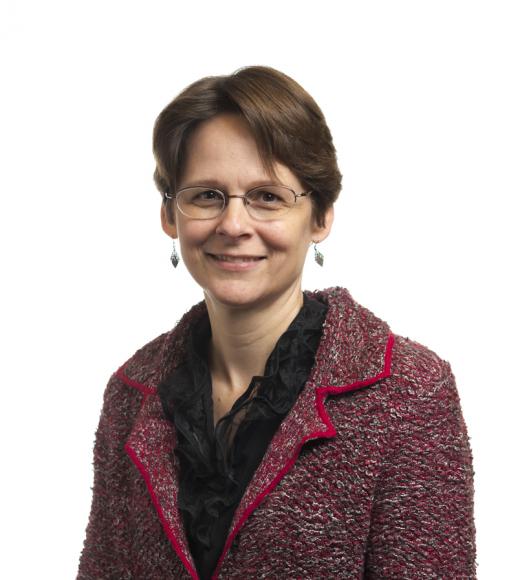UC Davis Scientists Awarded Proof-of-Concept Grants to Advance Innovations to Commercial Opportunities
By Neelanjana Gautam
The University of California, Davis, is awarding $300,000 to help scientists advance compelling research and innovations toward commercial applications through the Science Translation and Innovative Research (STAIR™) proof-of-concept grant programs. The recipients are targeting solutions in a range of applications including human and animal health, technology, environment and sustainability.
The program plays an important role in helping campus innovators overcome the primary hurdle of access to funding during one of the most challenging phases in new technology development.
The grant program, now in its 10th year, provides awards of up to $50,000 to campus innovators to enable demonstration of early proof-of-concept for technologies being developed at the university.
“The STAIR grant program continues to provide much needed support to evaluate and advance new technologies with commercial potential,” said Denise Ehlen, executive associate vice chancellor for Research and interim associate vice chancellor for Innovation and Technology Commercialization. “The range of solutions pursued by this year’s recipients reflect the broad impact university research contributes to society through commercialization pathways.”
The STAIR grant program is funded by the UC Davis Office of Research and managed by Venture Catalyst.
The UC Davis School of Medicine, School of Veterinary Medicine, College of Agricultural and Environmental Sciences, College of Biological Sciences and College of Letters and Science committed supplemental funding to awardees from their respective academic units.
The UC Davis Health Ventures Office also funded three additional projects that align with the system’s Clinical Strategic Plan to invest in the future of medicine.
External review committees consisting of industry professionals, investors and experienced entrepreneurs, assembled by Venture Catalyst, reviewed the proposals and recommended the recipients of the STAIR awards.
COMPUTING, ELECTRONICS, INFORMATION SYSTEMS
A tool for photopatterning organic electronic polymers

Adam Moule
Professor, Department of Chemical Engineering
The Moule group is developing a new tool to enable photolithographic micro- and nano-patterning of polymer semiconductors in hopes of reducing the production costs of certain electronics associated with the current method of using organic semiconductor materials. The technology could also open up new opportunities in other large-area applications like organic photovoltaics, thermoelectrics, lazing media, light detectors or sensors. To make it commercially viable, Moule and team plan to create a user-friendly, compatible add-on to existing photolithography tools.
HUMAN HEALTH
Inhaled ZEK007 as a Novel Bronchodilator for the Treatment of Asthma

Amir A. Zeki
Co-Director, UC Davis Asthma Network (UCAN) Clinic; Director of Research, ROAD Center; UC Davis School of Medicine; Professor of Medicine
Zeki and team have discovered a new treatment for asthma and are optimizing the formulation of a new inhaled drug. Their approach addresses the limitations and costs of existing therapies that are often inadequate and may have adverse side effects for many patients with moderate-to-severe asthma. The team’s proof-of-principle results are promising, showing that the new drug formulation can lead to significant reductions in airway resistance in mice with asthmatic allergic inflammation. The team aims to determine the molecular mechanism of action, aerosol characteristics, and therapeutic efficacy of the new inhaled drug.
Targeting alpha-cell GLP-1 production for diabetes treatment
 Bethany Cummings
Bethany Cummings
Associate Professor, Department of Surgery
Cummings proposes to target a novel pathway regulating pancreatic α-cell hormone production to improve both Type 1 and type 2 diabetes treatments. Her approach bypasses the issues previously encountered with targeting glucagon action and enhances drug efficacy by switching the glucagon signal to an anti-diabetic signal. The team proposes to identify and target the biochemical signals that mediate this pathway.
ANIMAL HEALTH
Novel vaccine to prevent and control bovine pinkeye

John Angelos
Professor and Chair, Department of Medicine & Epidemiology
Angelos and team have developed a novel intranasal vaccine that appears to be effective at preventing pinkeye, a disease that can cause eyeball rupture and permanent blindness in cattle. This addresses the need for a better and more universally effective pinkeye vaccine than what is commercially available in the market today. The team proposes to conduct randomized controlled field trials to evaluate the effectiveness of the vaccine and provide data to inform its commercialization efforts.
ENVIRONMENTAL HEALTH
Yeast-based renewable, sustainable alternatives to meat fats and tropical oils
 Kyria Boundy-Mills
Kyria Boundy-Mills
Professional Research Microbiologist, Department of Food Science and Technology
Boundy-Mills and team aims to study yeast-based renewable, sustainable alternatives to animal-derived fats and tropical oils. To demonstrate that yeast fats have appropriate physicochemical properties so they can be used as food ingredients or for cooking, the team plans to conduct analyses on lipid composition, smoke point, melting behavior, rheology, crystal structure and heat stability.
Microwave Powered Method for Producing Manure Based Innovative Products

Pramod Pandey
Associate Agronomist and Associate Specialist in Cooperative Extension/Associate Professor (extension), Department of Population Health & Reproduction, School of Veterinary Medicine, UC Davis
Pandey and team are developing a novel, microwave-powered method to eliminate the harmful bacteria and moisture of manure rapidly, which will control the emissions of greenhouse gases from manure and reduce the negative impact of manure on ambient water. The team’s approach aims to address risks to public, animal and environmental health from these bacteria by using microwave technology and converting manure into an innovative product. This approach will add value to dairy manure, increase dairy farmer’s income, and will maximize the nutrient value of manure for crop growth. In addition, manure-based innovative products will be safe and easy to transport, and will reduce the risks to public, animal and environmental health.
UC Davis Health Ventures awards
The UC Davis Health Ventures Office awarded the following three projects in alignment with its strategic pillar, Investments in the Future of Medicine. The office partners with the innovation and entrepreneurship teams at UC Davis to support clinical innovation, the advancement of clinical trials and economic development.
HUMAN/ANIMAL HEALTH
Chemiluminescent-based Assay for Diagnosing and Measuring Disease Severity in Myasthenia Gravis Patients
 Robert H. Fairclough
Robert H. Fairclough
Professor Emeritus, Department of Neurology
Fairclough and team are developing a more accurate, simpler, nonradioactive assay to diagnose myasthenia gravis, a debilitating autoimmune disease. By measuring only the pathogenic anti-main immunogenic region antibody titer, the team hopes that physicians will be able to better determine disease state and more quickly determine the appropriate treatment.
Optimization of peptide inhibitors to target sodium channels involved in pain signaling
Professor, Department of Physiology and Membrane Biology
Yarov-Yarovoy and team aim to optimize potent, selective and stable peptide inhibitors using deep-learning methods to target sodium channels involved in pain signaling. With the help of the STAIR grant, the team plans to demonstrate a proof-of-concept and commercial potential to design peptides as superior therapeutic candidates for the treatment of chronic pain.
PAM peptides as non-addictive anesthetic against chronic pain
Professor, Department of Physiology and Membrane Biology
Zheng and team are working to optimize the design and delivery methods for a set of de novo peptides that can be translated into non-addictive anesthetics without any detectable side-effects. Currently, the most effective approach to blocking pain initiation is the use of analgesics like painkillers, but they have potential serious side-effects and a strong tendency to induce addiction.






